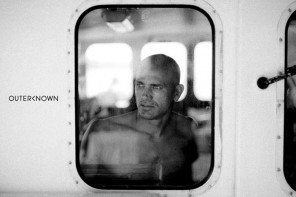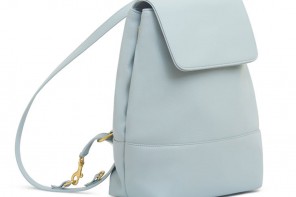Article by: Janine Erasmus
Global beverage manufacturer Coca-Cola is involved in the 2010 Fifa World Cup in a big way with a number of initiatives that will leave a lasting impression on communities.
More important than the tournament itself, the company is to leave a lasting legacy in South Africa by improving access to drinking water and sanitation facilities for school children around the country, as well as the areas in which they live.
The project, known as Water for Schools, falls under the umbrella of the Coca-Cola Replenish Africa Initiative (Rain), a six-year programme launched in early 2009 to provide safe drinking water to thousands of communities across the continent. Coca-Cola is funding the initiative to the tune of US$30-million (R223-million).
The quality of life of at least 2-million people is expected to improve, and the company too will reap benefits because, in the words of Coca-Cola CEO Muhtar Kent, “our business needs strong, healthy communities to grow and be sustainable”.
Kent added that the world’s biggest beverage company has made it a priority to help African communities tackle the day-to-day challenges facing them, especially in terms of access to safe water.
Wise use of water
Water for Schools is due to roll out in 100 South African schools by the end of the year. As part of the project Coca-Cola is encouraging all South Africans to use water wisely and implementing customised water stewardship programmes at a community level.
Whether the requirement is for better ablution facilities, new boreholes, or equipment to harvest rainwater, the company will fulfil the needs of an area once it has established what they are.
“School water projects have been among the most effective approaches to improving young people´s lives, which has a positive multiplier effect across communities,” said William Asiko, president of The Coca-Cola Africa Foundation, which oversees the company’s social responsibility initiatives on the continent.
The World Health Organisation (WHO) reported that more than 300-million Africans struggle to find potable water on a daily basis. Deadly waterborne diseases proliferate in unsafe water, killing thousands. The WHO estimated that at any time, half of the entire population of sub-Saharan Africa suffer from diseases related to poor sanitation and unclean drinking water.
Furthermore, in the years leading up to 2015 – the target for implementation of the UN’s Millennium Development Goals (MDG) – an additional 47-million Africans will be added to the already long list of those without access to clean water. This means that the continent is not likely to meet the MDG deadline.
World Cup trophy in SA
As a long-standing Fifa partner, Coca-Cola is also taking the World Cup trophy on a tour of the host country. By the time it arrives in Johannesburg on 5 May, Fifa and Coca-Cola will have taken it to 83 countries around the world, including every African nation.
The trophy left Fifa headquarters in Zurich, Switzerland, in September 2009 and is now on the last leg of its 139 000km global tour. The company has described the response by Africans in particular as “incredible”, and soon it will be South Africa’s turn, with excited fans in towns, cities, villages and townships around the country getting the chance to pose beside the solid gold bounty.
For many, it will be the closest they get to the World Cup.
“From 5 May we are going to go around the country, with the trophy, and invite South Africans to come out and join us in celebration,” said Coca-Cola South Africa’s marketing manager Zayd Abrahams. “They can sing with us; dance with us; and kick the ball with us.”
From Pretoria the trophy travels down to the Western Cape, where the tour officially begins on 7 May. Making its way across the country, it will visit the Eastern Cape; KwaZulu-Natal; Free State; Northern Cape; North West; Mpumalanga; and Limpopo provinces before it heads for its final destination in Johannesburg, Gauteng.
Source: Media Club South Africa
The liveeco team







